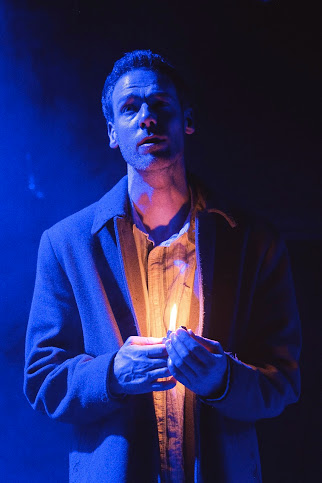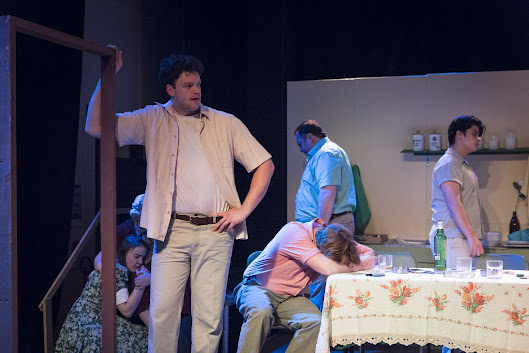Conducted by Brad Tham
Holy Covenant Church, Cook June 29
Reviewed by Len Power
Under the baton of musical director, Brad Tham, Musica Da Camera presented a beguiling and contrasting program of suites and serenades, including works by John Dowland, Dag Wirén, Ralph Vaughan Williams and John Rutter.
Brad Tham is in his final year as a double degree student at the ANU, studying psychology and music. He has held several concertmaster positions, and he has formed the Ellery String Quartet, which is in its third year.
The Pavane from John Dowland’s 17th century instrumental work, Lachrimae Antique (Old Tears) was a good opening item for the concert with its grand, measured melodies. The orchestra gave it a fine performance.
Moving to 1937, the next item was Serenade For Strings by the Swedish composer, Dag Wirén. Its four movements were quite different to each other. The busy and dramatic first movement contrasted with the plucking of strings under an enticing melody in the second. The third movement pulsated with energy and the fourth, entitled Marcia, had a tune that was instantly recognizable as the popular theme from the 1960s British television program, ‘Monitor’. All four movements with their contrasting styles were precisely and pleasantly played by the orchestra.
 |
| Musica Da Camera with Brad Tham conducting |
Vaughan Williams’ Suite For Solo Violin and String Orchestra (Concerto Accademico) was composed in 1924-25. It was considered a homage to Bach, specifically his Concert For Two Violins in D minor, a composition that Vaughan Williams admired. The conductor, Brad Tham, played the solo violin part.
 |
| Brad Tham |
From its dramatic opening movement through a beautifully sensitive second movement and a rousing final movement, the complex and changeable rhythms must have been challenging to play, but Tham and the orchestra gave it an excellent performance of particular clarity. It proved to be the highlight of the concert.
The final work, Suite For Strings, composed by John Rutter in 1973, had four movements named after old and well-known English folk songs. The rich and nostalgic melodies were well-played by the orchestra, and it was a great finale for this very accessible and enjoyable concert.
Photos by Peter Hislop
This review was first published by Canberra CityNews digital edition on 30 June 2024.
Len Power's reviews are also broadcast on Artsound FM 92.7 in the ‘Arts Cafe’ and ‘Arts About’ programs.




























